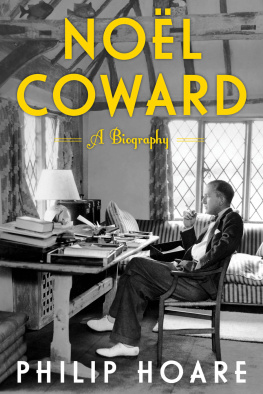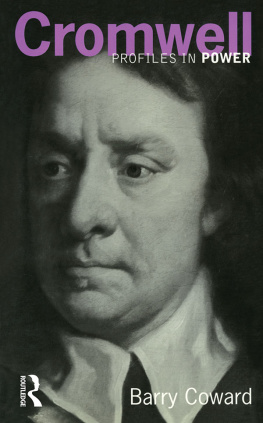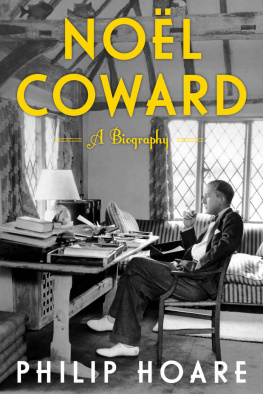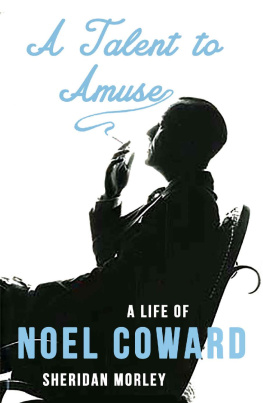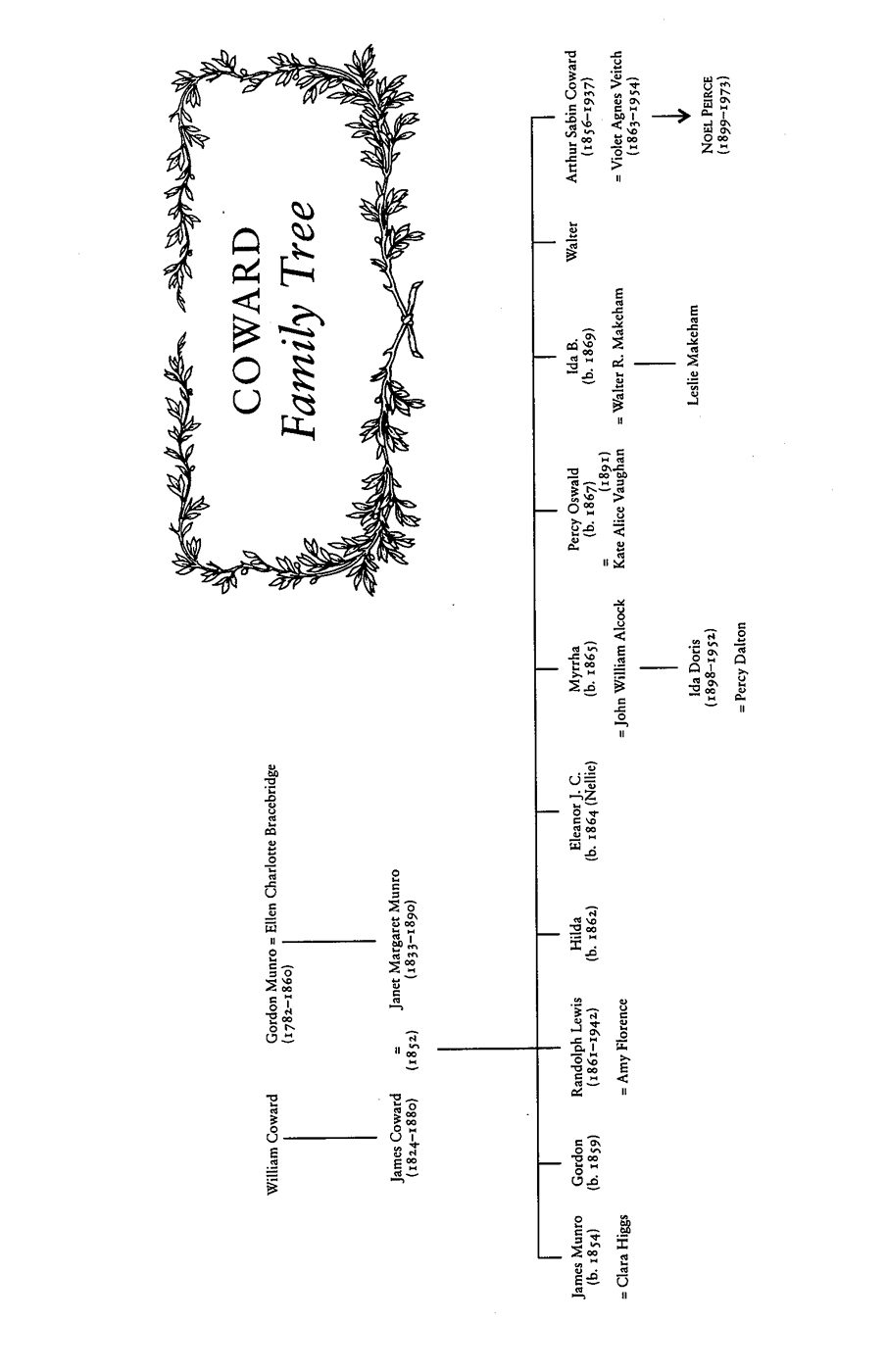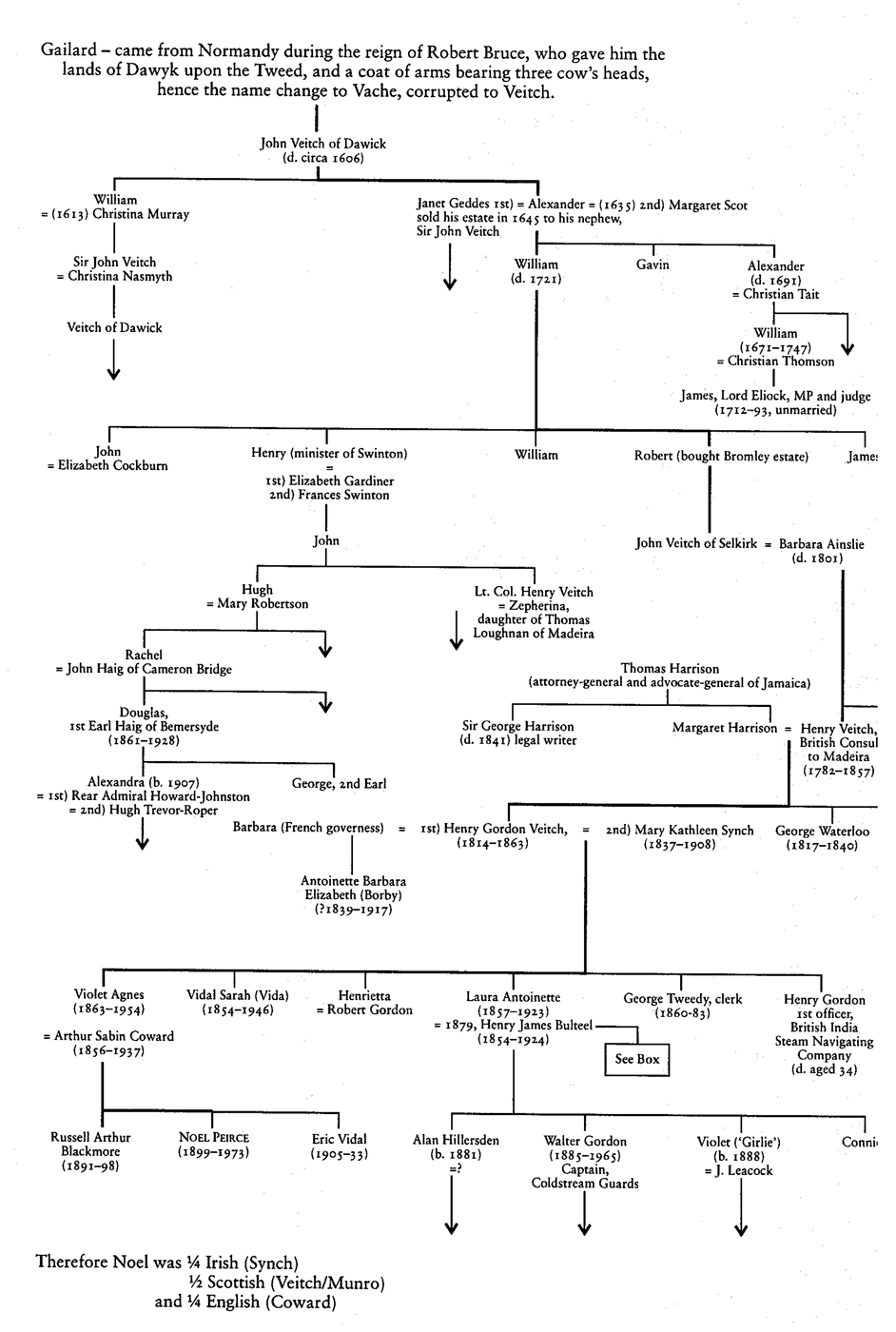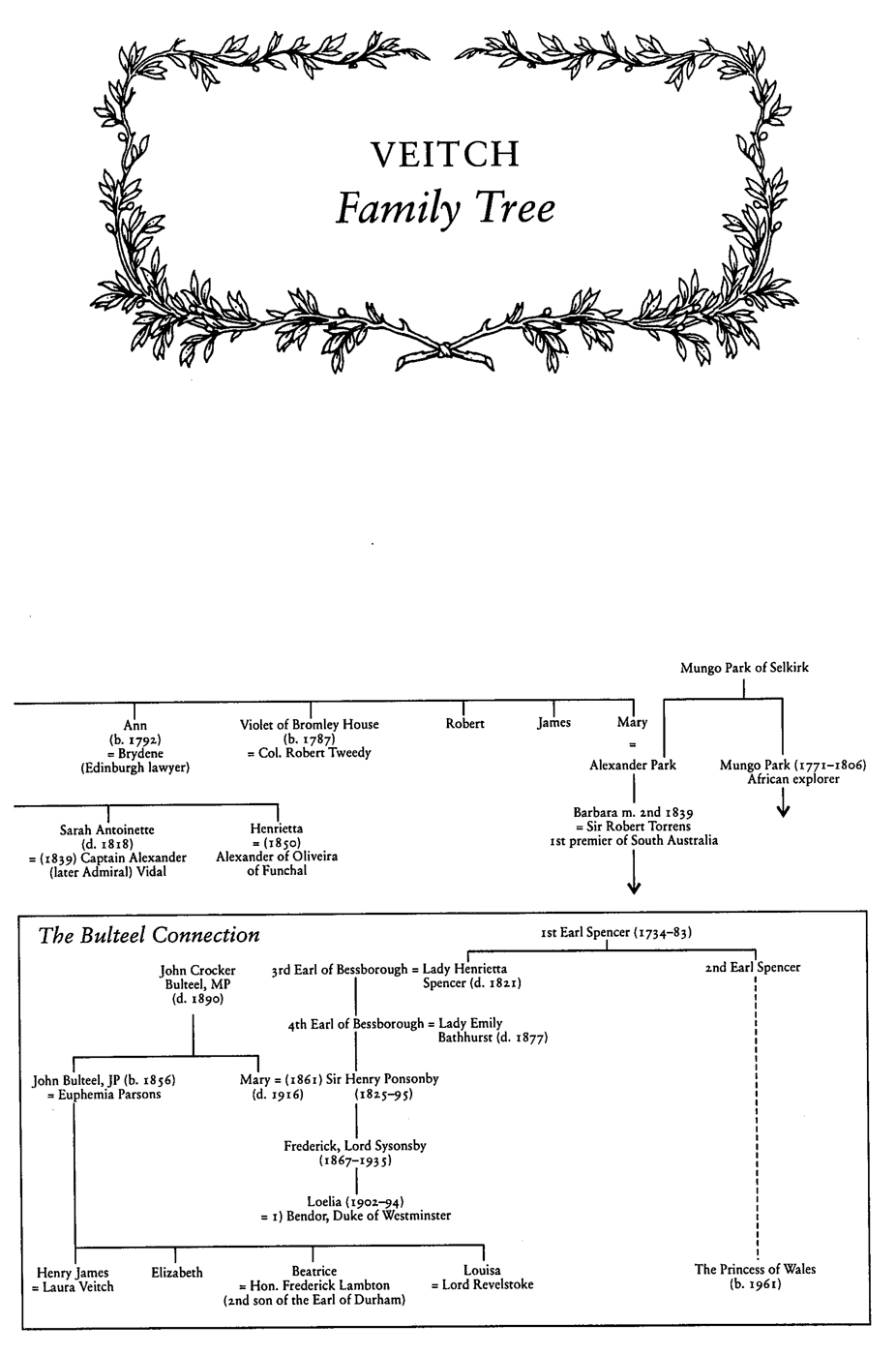Thank you for downloading this Simon & Schuster eBook.
Join our mailing list and get updates on new releases, deals, bonus content and other great books from Simon & Schuster.
C LICK H ERE T O S IGN U P
or visit us online to sign up at
eBookNews.SimonandSchuster.com
We hope you enjoyed reading this Simon & Schuster eBook.
Join our mailing list and get updates on new releases, deals, bonus content and other great books from Simon & Schuster.
C LICK H ERE T O S IGN U P
or visit us online to sign up at
eBookNews.SimonandSchuster.com
Also by Philip Hoare
Serious Pleasures: The Life of Stephen Tennant

SIMON & SCHUSTER
Rockefeller Center
1230 Avenue of the Americas
New York, NY 10020
www.SimonandSchuster.com
Copyright 1995 by Philip Hoare
All rights reserved, including the right of reproduction in whole or in part in any form.
First published in Great Britain by Sinclair-Stevenson
S IMON & S CHUSTER and colophon are registered trademarks of Simon & Schuster Inc.
Library of Congress Cataloging-in-Publication Data is available.
ISBN 0-684-80937-0
ISBN-13: 978-1-4767-3749-2 (eBook)
For Alix
Contents
List of Illustrations
Illustrations in the text
1
Family Album
Oh how fortunate I was to have been born poor... Had my formative years been passed in more assured circumstances I might easily have slipped into precociousness; as it was I merely had to slip out of precociousness and bring home the bacon.
Noel Cowards diary, 21 December 1967
W ITH impeccable timing Noel Coward was born on 16 December 1899, just in time to catch the fleeting grandeur of the old century. This seemed to endow him with a vital sense of his countrys past. When a cartoon was published around the time of the hugely successful Cavalcade, depicting a baby Noel taking notes in his pram, the cartoonist was nearer to the truth than he knew.
Even from his birth, Cowards life was defined by myth. The future genius of the stage is supposed to have sprung from the anonymity of suburbia and an unremarkable family background: the effect was to make the legend of Noel Coward the self-created celebrity all the more extraordinary. The truth is rather different. Behind the bland redbrick of his birthplace is a story more interesting than he intimated: a tale of fallen fortunes which would perceptibly influence his life and work. Cowards obsession with class and status so resonant in his dramas can be traced to an awareness of his own ancestry. Far from being merely the son of an impoverished south London family, Cowards forebears included high-ranking naval officers and public servants, literary and musical noteworthies he could even claim royal and aristocratic connections. It was partly his mothers knowledge of this antecedence that would fire Cowards social climb; and in order to understand the sometimes tenuous nature of the position he achieved, it is necessary to recall the accomplishments of his ancestors.
Coward wrote of his mother, Violet, that she came from good family... brought up in the tradition of being a gentlewoman. Her family were of Scottish descent and definite, if somewhat eroded, gentility: the Veitches of later years were to evince the snobbery of a line formerly grand, now diminished a concern with good families inherited by both Coward and his mother. In 1922 Violet and her sister Vida wrote to the office of the Lord Lygon King of Arms, enquiring about the Veitch family crest and whether Noel could use it. He could not, but the existence of a crest practically ennobled the family in his mothers eyes. She boasted of other notable connections: a cousin, Rachel Veitch, had married John Haig of Bemersyde, being described as daughter of a family who thought themselves socially superior to the Haigs but were too poor to endow their daughter. Rachels fifth son was Douglas, later Field Marshal Earl Haig; and the Veitches familial home at Dawyck (pronounced Doick), near Peebles, featured in John Buchans John Burnett of Barns, a Veitch of Dawyck as its heroine. Examining his literary provenance, Coward noted, I believe that a certain Miss Veitch, a far-flung-back ancestress of my mothers, who lived in Dawick House, Moffat, near the Scottish border, wrote a number of spirited novels at the beginning of the nineteenth century. Other notable members of this border gentry family included the nurseryman John Veitch, the classical scholar William Veitch, the professor of philosophy John Veitch; and through marriage the family could claim kinship with Sir Robert Torrens, the first premier of Australia, and the explorer Mungo Park.
But of Cowards immediate maternal ancestors, it was his great-grandfather, Henry Veitch, who was famous, even infamous. Born in Selkirk, he was appointed consul-general to Madeira by George III in 1809, a post which paid him a substantial 800 per annum. He was an ambitious man, wealthy and handsome, owning five quintas and large tracts of land, and well liked by the locals. When HMS Northumberland anchored at Funchal harbour on 23 August 1815, carrying the defeated Emperor Napoleon to his exile in St Helena, Veitch erred in addressing the prisoner as Your Majesty rather than General, a mistake said to have cost him his post; but the real reason was his meddling in island politics. He secretly sided with the constitutionalists who sought independence from Portugal, and the foreign secretary, Lord Aberdeen, ordered his return to England. However, the locals demanded his reinstatement, and Veitch was reappointed by Lord Palmerston, remaining consul until he was dismissed for the second and final time in 1835.
Veitch had again become embroiled in politics, and during a constitutional crisis, He was frowned upon for not attending church, preferring to spend the weekends at his country house promoting weekly balls; Henry Veitch was a committed socialite. When he began to interfere in clerical matters, it was the last straw. A keen amateur architect, he had designed and built the English Church (complete with a masonic all-seeing eye), and his lordly behaviour to its cleric brought a formal complaint from the Bishop of London. Palmerston, weary of the trouble Veitch was causing, dismissed him in December 1835.
By now Veitch had a legitimate family to support. His eldest son, Cowards grandfather, Henry Gordon Veitch, had been born in Madeira on 29 July 1814. After schooling in Switzerland, Henry Gordon entered the Royal Naval College at Dartmouth in 1828, where he won prizes for his drawing (Violet Coward recalled that her asthmatic father were married at Sneem, a fishing village in County Kerry, and had two daughters.
Henrys asthma had worsened, and on 15 April 1848 he was discharged from HMS Powerful. He retired to England and settled in London. Violet romanticised the life of her parents before her birth: leaving Mary, his twenty-six-year-old wife, pregnant with Noel Cowards mother.
Veitch had neglected to make a will, and all his money some 3,000 went to probate. Count Irme Bella and Henrys solicitors tried to sort matters out, but a number of debts had to be paid off by Henrys brother George, and the family were left with little to live on; what money was left from Henrys estate was supplemented by his naval pension, which Mary was entitled to draw. It was the beginning of the fall from grace of the Veitch family.
Next page
